
Teaching Self-Determination Skills
Try these playful, autism-friendly activities to help your child develop important self-determination skills.
When you give your child opportunities to identify their own interests and needs, make choices, and solve problems, you’re helping them develop important self-determination skills. Consider these playful activities to try with your child.
This or that?
Helping your child identify their preferences—and showing that you value those preferences—can help lay a foundation of confidence they can draw from in the future. As you go about your daily routines, ask, “This, or that?” and invite your child to tell or show you what they’d prefer.
- Would you like to eat an apple or a pear with your lunch today?
- We need to calm down a bit. Would you like to dance or draw your feelings out?
What if?
Storytime can be a nice time for children to make low-risk (and fun!) choices. Start by reading or telling a story. When you get to an exciting part or a decision point, pause and ask, “What if you were in the story. What would you do?” Encourage your child to be creative, silly, and uniquely themselves.
You might even use Julia as an example for your child: “See how Julia used her talker to tell her brother she was feeling angry?” Or “Julia put her hands over her ears and walked to her quiet place, because she knew that’s what she needed. What would you do if it got too noisy?”
What Else?
When you face challenges, remember that you and your child have qualities (such as creativity, humor, or focus) to help you get through them. Another superpower you can harness is the ability to reframe, or see something in a different way. Play the Reframe Game with them to hone this skill: Look at an object, such as a cardboard box and wonder together, “What are some things we can do with a box?” Write, draw, or act out your ideas, and then ask, “What else?” The gentle nudge to think of just one more idea can help to stretch and strengthen your child’s problem-solving muscles.
Sometimes, especially in group settings, you’ll need to be bold and brave to ensure your child has a chance to express themself and things they want to do. Others’ assumptions or perceptions of their abilities might limit their opportunities to participate. When others are unsure, it’s okay to remind them that your child has unique needs and abilities.
Remember, self-determination is something children (and adults!) continue to grow and develop over time. Even as they master skills and gain confidence, they will need—and benefit from—your support and care.
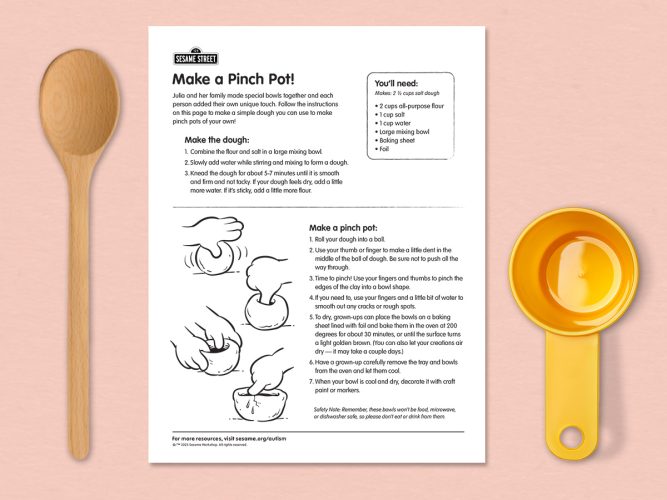
Make a Pinch Pot!
Simple craft instructions to help your family make pinch pots from homemade dough together.
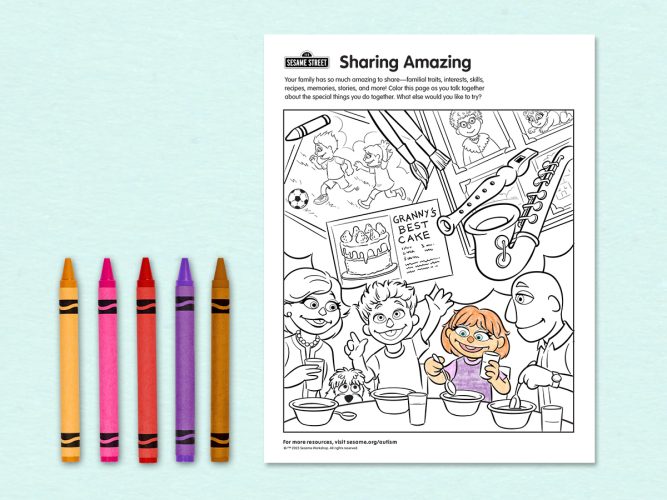
Sharing Amazing
An adult-child coloring page to spark ideas and connection.
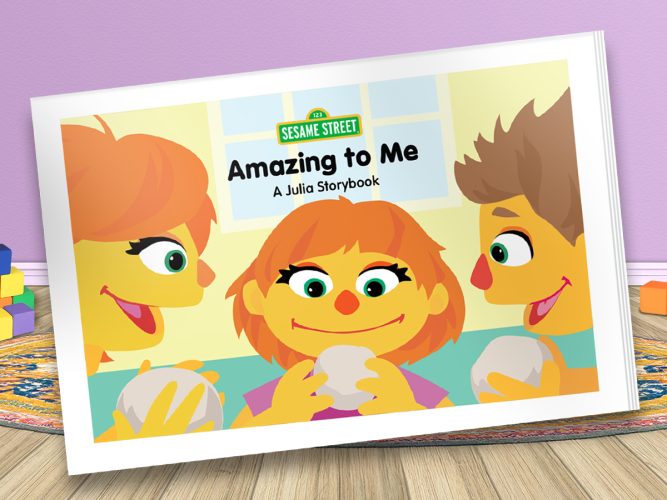
Amazing to Me
When Julia and her family do a special art activity together, Julia finds a way to add her own amazing touch!
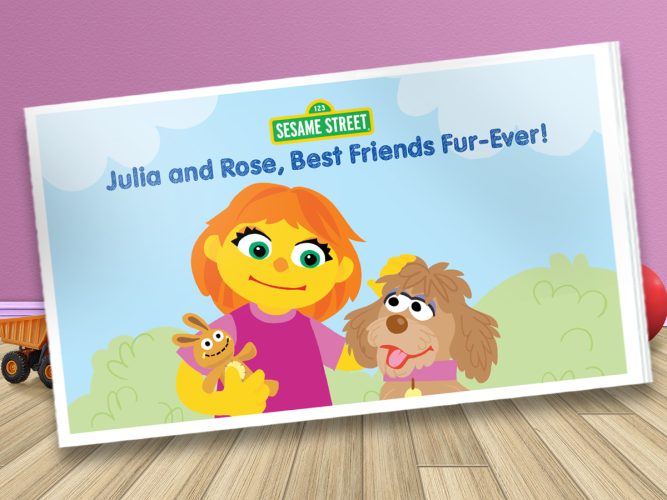
Julia and Rose – Best Friends Fur-Ever
When Sesame Street's Julia has an idea, she sees it through… with a little help from her family. This social storybook for autistic children models what’s possible!

Exploring the Amazing in Autistic Children: A Conversation with Camille Proctor, Founder of The Color of Autism Foundation
An article to help parents discover and support their autistic child’s unique perspective and personality
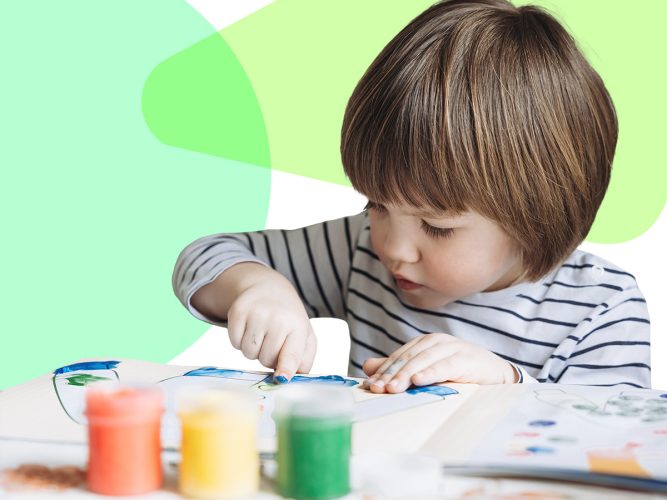
Creative, Talented, Amazing: A Conversation with Anna Wang, Co-founder of FCSN, about fostering autistic children’s talents
An article to help parents foster creative exploration and expression in their autistic child.
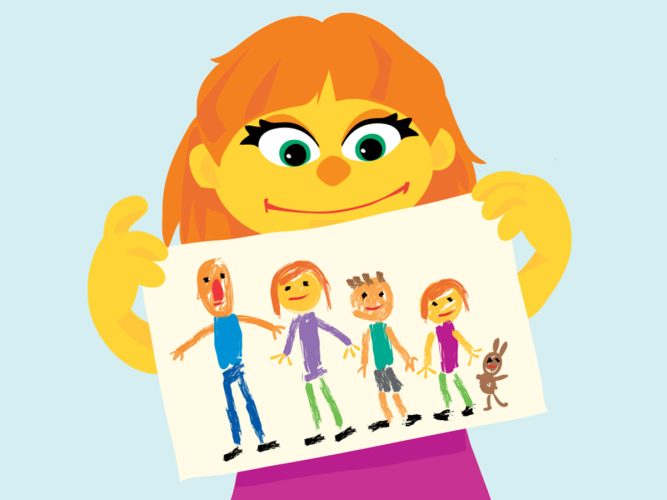
Autism and the Arts: A Conversation on Creativity and Community
